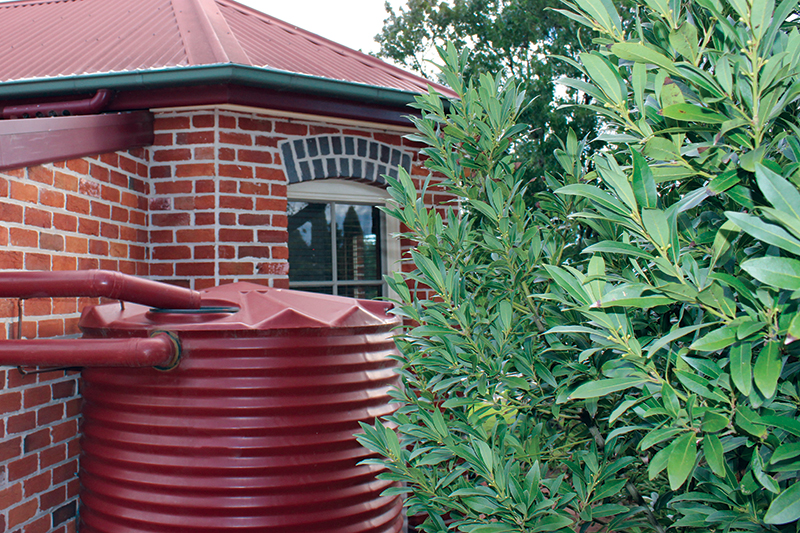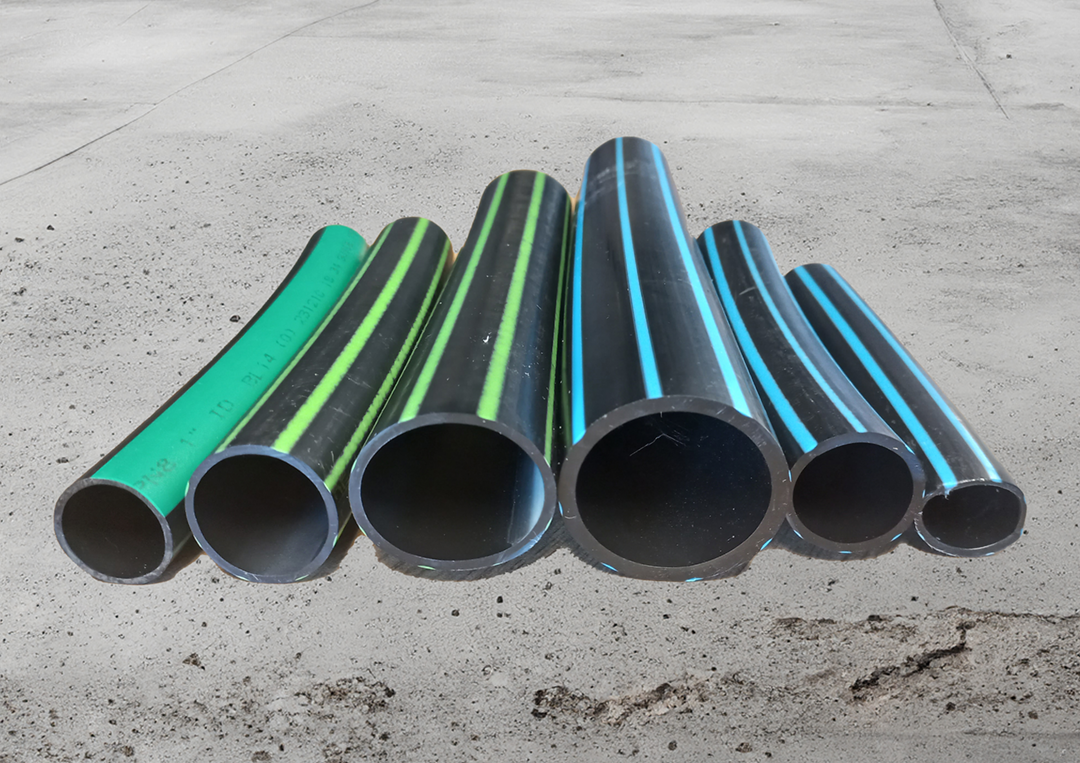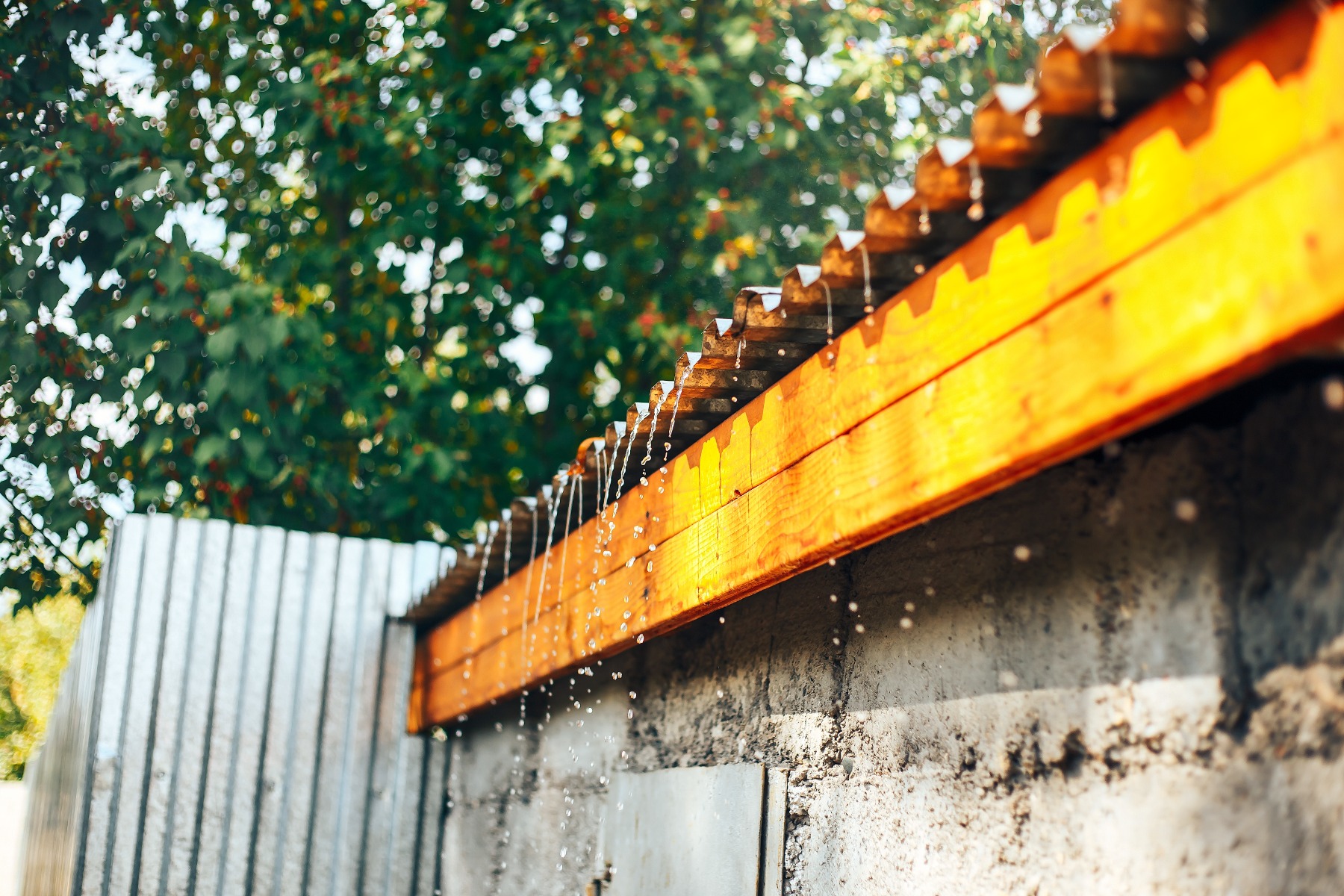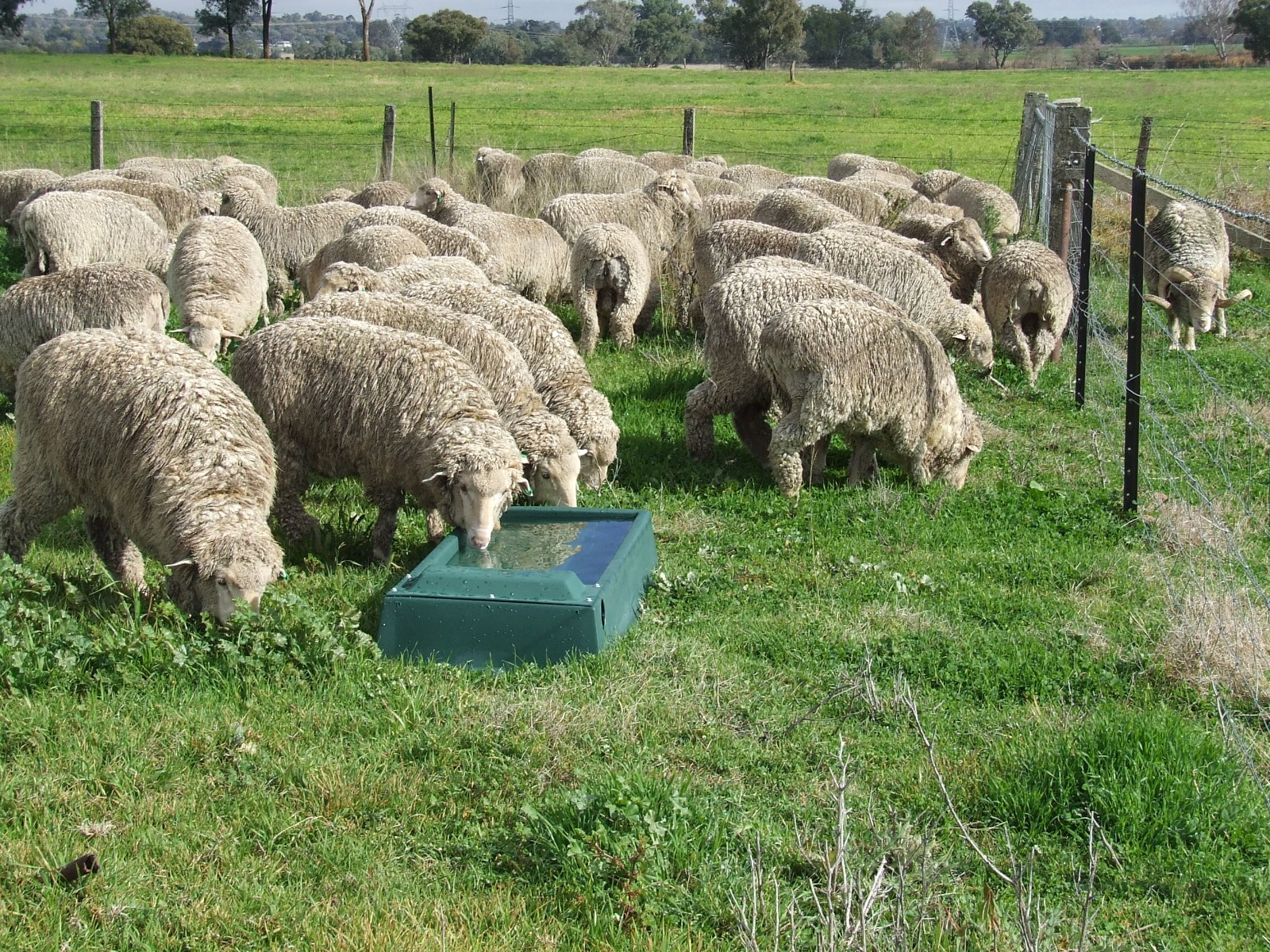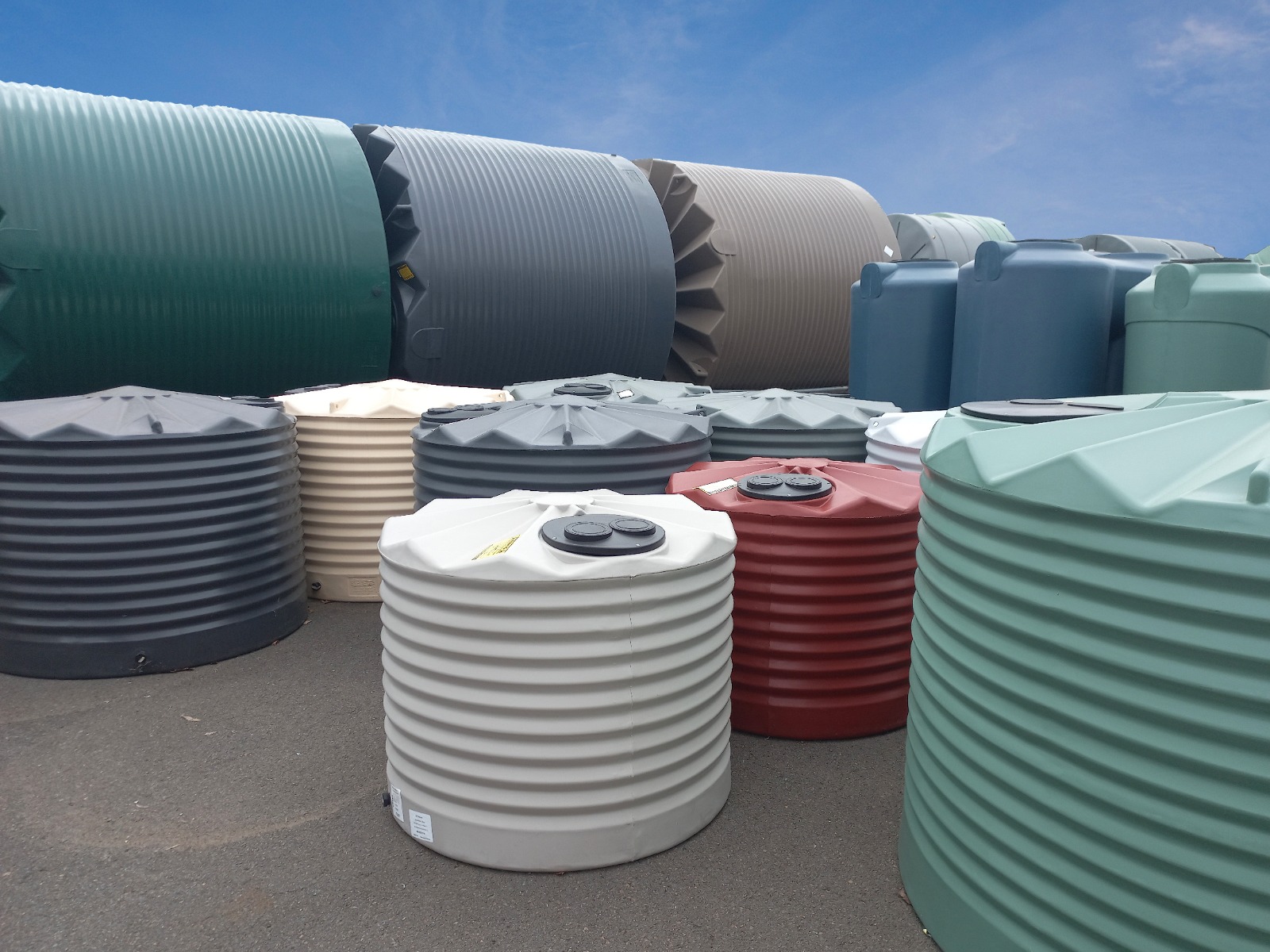Practical and durable: two words that describe rainwater tanks. Rainwater tanks offer an economical and environmentally friendly way to conserve water and can be compact enough to store in your backyard. They are designed to collect rainwater that you can use later on, whether it’s to water your plants, wash your car or other domestic tasks. When you harvest rainwater, you gain more control over your water use, reduce your dependence on mains water and reduce your impact on the environment.
Just like any other storage equipment, your tanks require maintenance. Maintaining your tank ensures reliable water storage that protects and retains the quality of your water supply. Here are some tips on how to care for your rainwater tank.
Mosquitoes and Tanks
When insects can access the water in your tank, you create a breeding ground for mosquitoes. Magnus Moglia, a CSIRO researcher in Melbourne, discovered that many reserve tanks contained adult mosquitoes as well as colonies of larvae. This happens when tank inlets and pipes aren’t properly covered.
To protect your tank against mozzies, invest in a high-quality inlet mesh and pipe covers. This prevents them from laying eggs in the water and the larvae developing into adults.
All About Bacteria
No rainwater tank is completely safe from harmful bacteria. A study conducted by Flinders University revealed that out of 53 rainwater tanks, water samples from 28 tanks had traces of the E. coli bacteria. Of those sampled, most were less than 150 MPN/100 mL, the limit for recreational water quality. However, senior lecturer Dr Kirstin Ross identified 10 tanks with higher concentrations.
The source of the bacteria was often identified as droppings from birds and possums; the results highlighted the importance of providing covers and ensuring that the water tank is regularly cleaned and sanitised.
Maintenance Check Timeline
To retain the water quality of your tank, simple maintenance measures go a long way.
- Every three months: Inspect your tank’s mosquito mesh and make sure it’s in good condition. The mesh reduces your tank’s contact with disease-carrying insects and other pests that could potentially contaminate the water.
- Every six months: Check your pumps and pipes to see if they’re all intact. Also, monitor the water quality by observing smell and colour.
- Every two years: Experts recommend you desludge your tanks. This minimises E. coli contamination, leaving clean water. If you need assistance, contact a qualified tank specialist to help remove harmful sediments and debris from your tank.
Rapid Plas
We are an Australian manufacturer with a wide range of products for storing rainwater, from large storage containers to slimline tanks. We take pride in our years of extensive experience in the poly product industry. We employ over 60 talented staff and support local communities by promoting local businesses and products. Our team designs and manufactures an extensive range of quality commercial, residential and agricultural poly products – if you are looking to harvest rainwater, we can provide a quality product to suit your needs.
View our full range of rainwater tanks and make Rapid Plas your partner in water storage today.


